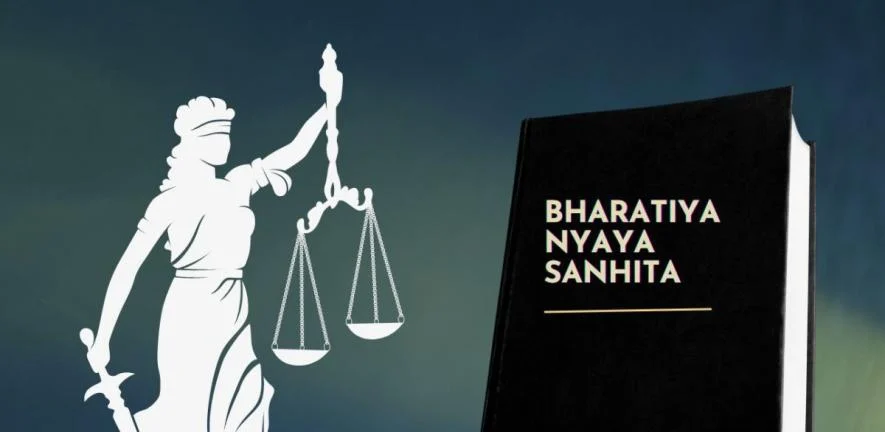INTRODUCTION
The Jodhpur bench of the Rajasthan, in a significant ruling in the case of Vijay Sharma & Anr V. State of Rajasthan & Anr, has clarified about how the cases will be handled thereafter as the India transitions from the old Indian Penal Code of 1860 to the new Bharatiya Nyaya Sanhita of 2023, along with its related procedural law, the Bharatiya Nagarik Suraksha Sanhita of 2023.
BACKGROUND
This case revolves around a family inheritance dispute. A FIR was filed on 27th July, 2024, accusing some of the family members under Sections 420 (Cheating), 406 (Criminal Breach of Trust), 467 (Forgery), 468 (Forgery for the purpose of cheating), 471 (Using forged documents), and 120-B (Criminal Conspiracy) of the IPC. The complaint alleged forgery of a particular will document and consonant unlawful property transfer in favour of the accused persons.
In that regard, the High Court raised three pertinent questions of law to be answered:
(1) Can crimes committed before 1st July 2024 still be registered under the IPC?
(2) If a crime was committed before July 1, and was reported later, should it be registered under the IPC or the BNS?
(3) Which procedural law applies to an FIR registered after 01.07.2024 for offences committed before this date: the CrPC or the BNSS?
The court decided the matter by stating that the crimes committed before July 1, 2024, can still be prosecuted under the IPC, despite the fact of it being replaced, as the BNS has a “saving clause” which is under section 358 that allows the use of the IPC for crimes that happened before it was replaced.
The court also clarified the procedural rules, ruling that although the old crimes can still use the IPC, all the procedural actions after July 1, must be under BNSS. As Section 531(2)(a) of the BNSS says that any filings and investigations done after July 1, must follow the new rule.
About the nature of the dispute, the court determined that the case was primarily about inheritance and wasn’t a criminal case in any way.
The FIR seemed to be an attempt to turn a family inheritance disagreement into a criminal matter, seeing this as an abuse of the criminal process the court decided to quash the FIR.
KEY ASPECTS
- The transition between IPC and BNS:
The court’s clarification of the new laws was a significant and necessary ruling, the Court through this case confirmed that for crimes committed before July 1, 2024, the old Indian Penal Code (IPC) can still apply even though the Bhartiya Nyaya Sanhita (BNS) has replaced it.
- The shift of procedural law to BNSS:
Regardless of the occurrence of the offence, all the procedural steps after July 1, 2024, must follow BNSS.
- Setting a precedent:
This case is set as a precedent as the ruling serves as a guide for handling cases during the legal transition from IPC to BNS.
The Court made it clear that the offences committed before July 1, must be registered under IPC, and for the procedural rules the BNSS has to be followed for any process taken after July 1.
CONCLUSION
The Court through this case gave a significant ruling that is set as a precedent and it also served as a guide in the crucial time of understanding the law due to the transition of legal systems. The judgment also highlights the importance of distinguishing between civil and criminal issues, warning against the misuse of criminal law to settle family or civil disputes.
“PRIME LEGAL is a full-service law firm that has won a National Award and has more than 20 years of experience in an array of sectors and practice areas. Prime legal falls into the category of best law firm, best lawyer, best family lawyer, best divorce lawyer, best divorce law firm, best criminal lawyer, best criminal law firm, best consumer lawyer, best civil lawyer.”
WRITTEN BY: D.V. DEEKSHA.


